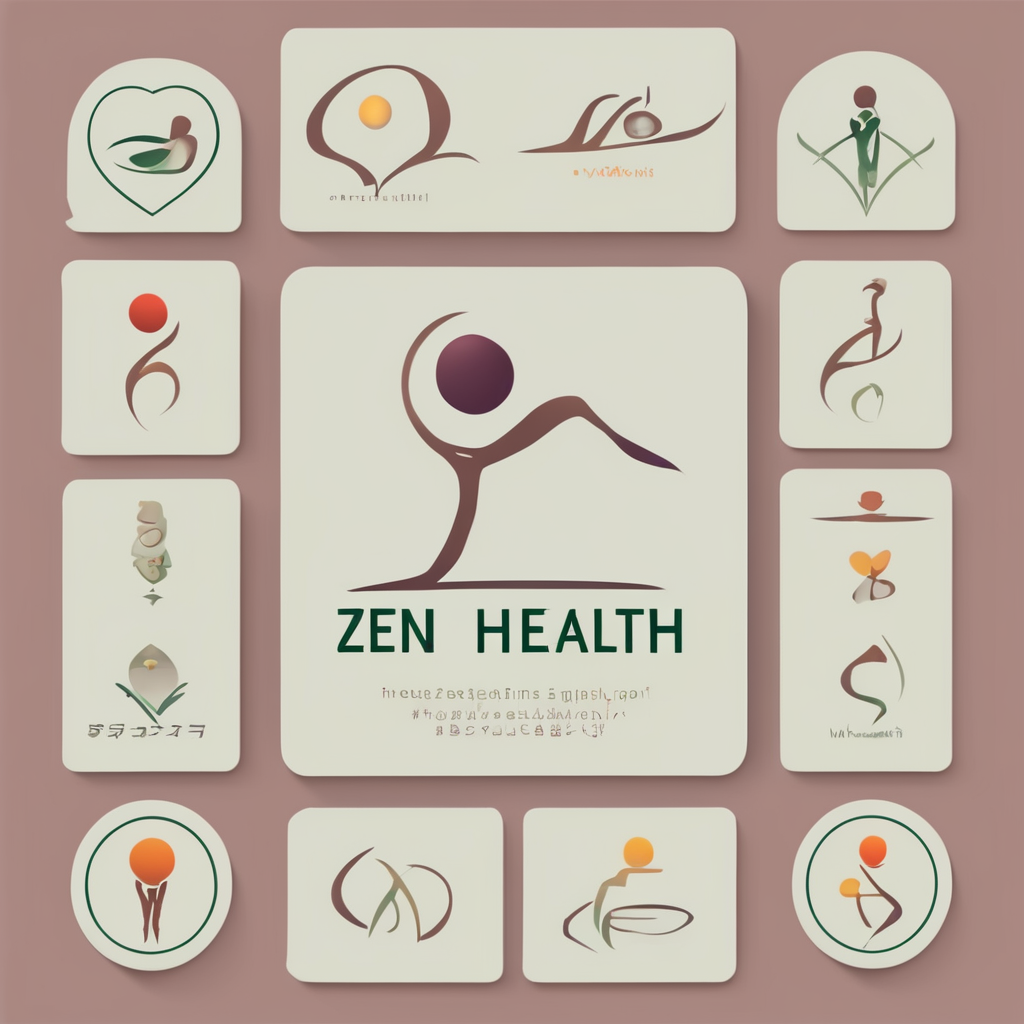Navigating through the vast sea of information available to pregnant women can be quite overwhelming. The internet and media provide a plethora of advice, tips, and different perspectives on parenting, often leaving expectant mothers puzzled about whom and what to trust. In this article, we aim to guide you in identifying trustworthy sources for parenting advice, ensuring a healthy journey into motherhood. By evaluating both traditional and modern avenues of information, we will help you make informed decisions that benefit both you and your baby.
Why Is Finding Reliable Sources Important?
In an era where information is at our fingertips, distinguishing between credible sources and misleading content is crucial, especially during pregnancy. As parents, ensuring that the knowledge we consume and trust is of high quality impacts not only immediate decision-making but also long-term health and well-being of mothers and children.
Also to see : Essential Antenatal Blood Tests Every First-Time Mother in the UK Should Know About
The internet can be a double-edged sword. While it offers access to a diverse range of opinions and studies, not all of it is grounded in fact. Misinformation can lead to unnecessary stress, incorrect choices, and potential health risks.
Relying on expert-backed sources is essential for several reasons:
Also read : How can expectant mothers recognize and address postpartum depression before it escalates?
- Health: Reliable sources ensure your pregnancy and parenting decisions are informed by scientifically-backed information.
- Peace of Mind: Knowing you can trust the information alleviates anxiety and boosts confidence in your parenting journey.
- Safety: Safe practices in baby care stem from well-researched advice, safeguarding your child from potential harm.
Understanding the importance of trustworthy sources further underscores the need to discern between credible and unreliable information. This critical skill will serve as a protective layer, guiding you through the myriad of parenting advice available.
Identifying Trustworthy Sources
To ensure that the advice you follow is sound, it’s essential to develop a discerning eye for credible sources. Let’s explore some crucial factors to consider when evaluating the reliability of information:
-
Author Credentials: Look for articles written by professionals such as obstetricians, pediatricians, or certified child care experts. Authors with a background in health and parenting bring authority and credibility.
-
Reputable Websites: Websites affiliated with recognized medical institutions or government health departments are often reliable. Examples include the American Pregnancy Association or the World Health Organization.
-
Peer-Reviewed Studies: Information backed by scientific studies that have undergone peer review provides a robust foundation for parenting advice.
-
Community Feedback: Engage with parenting forums or social media groups where members share their experiences and opinions on different sources. This can help gauge reliability.
-
Transparency and Citations: Trust sources that clearly cite their references, enabling readers to verify the information themselves.
By focusing on these aspects, you can better navigate through the barrage of parenting advice and distinguish between helpful guidance and misleading information.
The Role of Media and Internet in Parenting Advice
The digital landscape is both a friend and a foe for new parents seeking guidance. With a myriad of blogs, articles, and social media content, the challenge lies in filtering quality from quantity.
The Pros:
- Accessibility: The internet provides instant access to diverse parenting perspectives and tools that can be invaluable to new parents.
- Community: Online forums create a supportive network where you can share experiences and learn from others in similar circumstances.
The Cons:
- Misinformation: The lack of regulation means anyone can publish advice, often based on anecdotal evidence rather than scientific study.
- Overload: Too much information can lead to confusion and stress, particularly if contradictory advice is presented.
To effectively leverage media for parenting tips, develop a habit of verifying the information against professional advice. Use the internet as an initial step to explore questions and gather insights, but always follow up with consultations from healthcare professionals.
The Importance of Time-Tested Support Systems
In an increasingly digital world, the value of traditional support systems should not be overlooked. Family, friends, and healthcare providers have been the cornerstone of parenting advice for generations and continue to play a vital role.
Family and Friends:
- Experience: Parents and grandparents often share invaluable caregiving wisdom that has stood the test of time.
- Emotional Support: Beyond practical advice, family provides the love and reassurance necessary during pregnancy.
Healthcare Providers:
- Expertise: Regular consultations with obstetricians and pediatricians ensure that advice is tailored to your unique health needs.
- Monitoring: Professional guidance helps track your pregnancy progress and the health of your child.
By combining traditional support with modern resources, you can create a balanced information base that supports a healthy and fulfilling parenting journey.
As you embark on the extraordinary journey of parenting, having reliable and trustworthy sources of information is paramount. By understanding how to evaluate various sources, you empower yourself with the knowledge needed to make informed decisions that positively impact your pregnancy and your child’s well-being.
Recognize the strengths and limitations of the internet and media, and supplement this with guidance from healthcare professionals and support from family. With these tools at your disposal, you can confidently navigate the complexities of parenting, ensuring both you and your child thrive in the forthcoming years.











